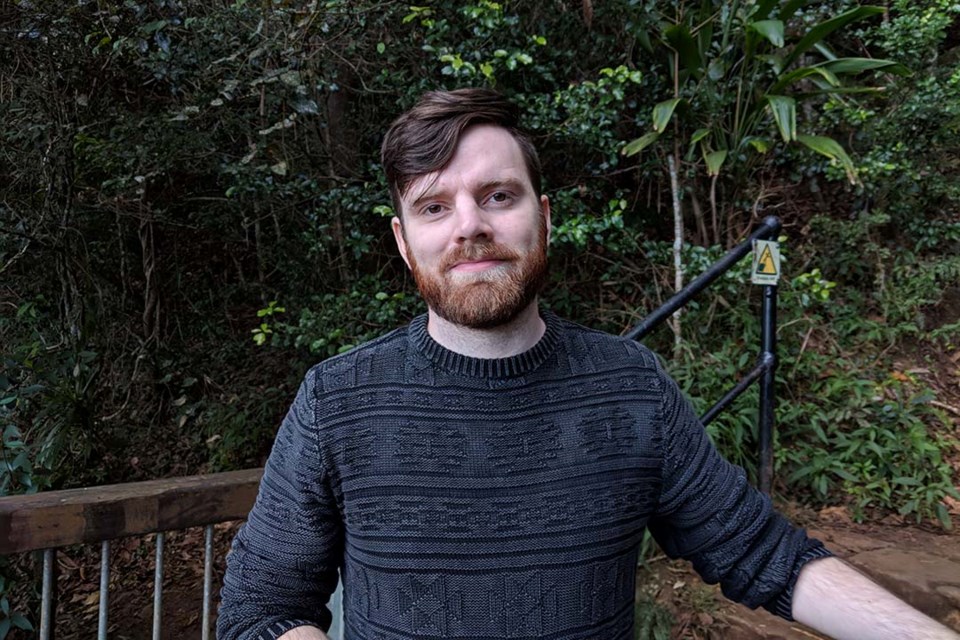SASKATOON – A University of Saskatchewan (USask) researcher is breaking negative stereotypes about video games by using them as a tool for combating procrastination instead of causing it.
“We know conclusively that video games are good for your well-being. The literature is very specific on that front. The logical conclusion from that is, where do those benefits apply?” said Dr. Cody Phillips (PhD).
“There’s been this demonization of video games, where video games are seen as antithetical to working hard. And I’m not convinced that’s true,” said Phillips, special lecturer in computer science at USask’s College of Arts and Science.
Phillips and his team recently received a Natural Sciences and Engineering Research Council of Canada (NSERC) Discovery Grant to create video game-based tools to reduce procrastination for “knowledge workers” — people who work in areas that typically require significant formal training and use that knowledge for “thinking” jobs.
Playing certain kinds of video games, Phillips said, stimulates feelings of motivation and capability. He referred to it as an increase of “self-efficacy,” or the belief that you are skilled and able enough to accomplish the tasks before you. His theory is that by leveraging video game mechanics, these workers can help combat the procrastination that comes with the burnout of working long hours.
“We can use (video game) manipulations in order to encourage people to enter into a desired state,” he said.
Phillips used an example from his own life to describe the core ideas of his research. During the early days of the COVID-19 pandemic Phillips said he would often find himself working longer-than-normal hours in isolation but would break up that time with small video game sessions.
As the pandemic caused nearly universal upheaval in the workplace, Phillips called it the most productive he’s ever been.
“It made me feel confident and competent,” he said. “I got into a spiral of working and playing, and it fed into each other. I was doing my best work because I was able to do that.”
It’s not a great leap in logic to use video games as helpful mental tools, he said. Some of his previous work includes investigating the therapeutic benefits of video games, as some players report quantifiable benefits from gaming.
“Commercial games, in general, have a lot of potential to be used in ways we aren’t using them, and be better leveraged by society,” he said.
Beyond modifying commercially available games, Phillips and his team are creating a program within the popular social messaging platform, Discord, that will remind players to switch back to working to prevent using games to procrastinate.
The recent NSERC grant — giving Phillips $25,000 a year for the next five years — will help the research team explore a side of video game research that has remained mostly untapped.
“We really are entering into an underexplored problem space, which is how can we adapt something people are being distracted by, into something that will hopefully help,” he said. “We are trying to turn a problem into a solution.”
— Submitted by USask media relations




